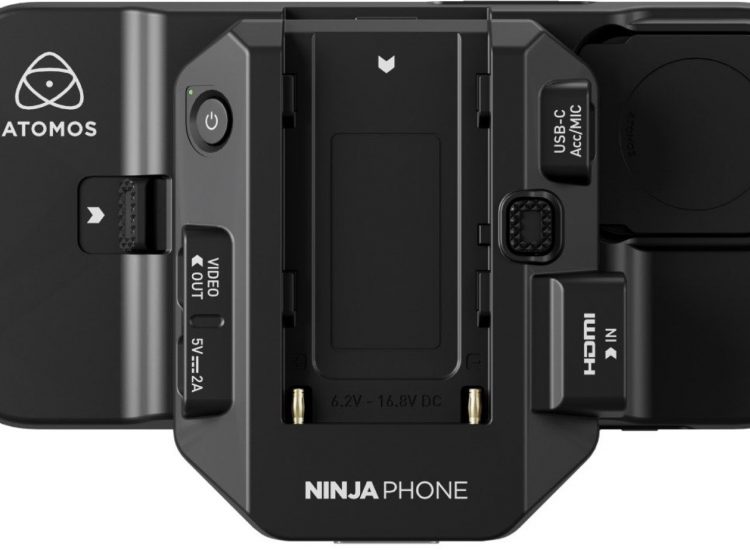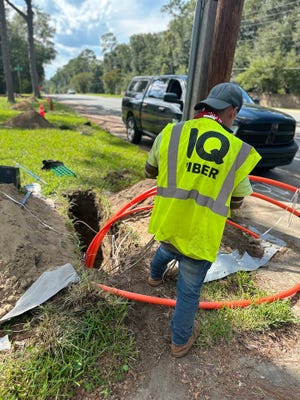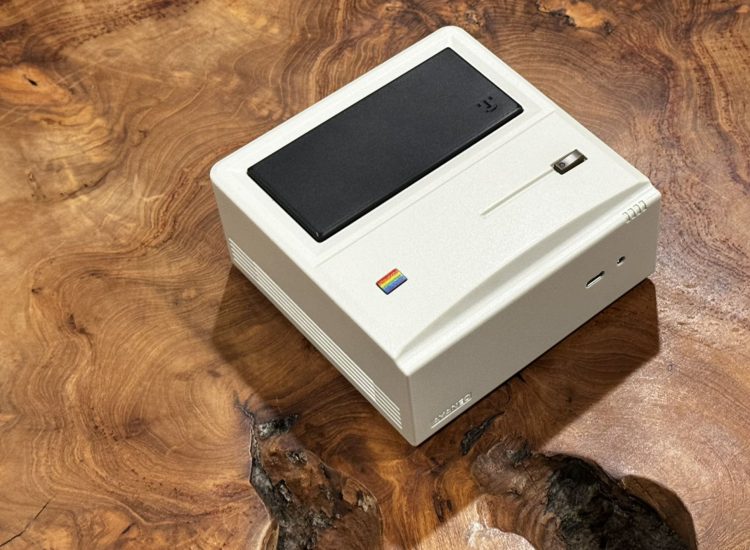Today there is much less to choose between Android and iPhone, but most users assume that Google does more tracking than it does, this time not…
Millions of Pixel owners to get features that even the iPhone doesn’t have
Google just revealed Android 15 Beta 1, and it’s an update that stands out from a security and privacy perspective, especially since it’s something that even recent iPhones can’t match. There is a hardware component here, while we can expect it to come to the Google Pixel, Samsung and other device owners will have to wait and see.
As I previewed last month, Google is taking privacy to the next level with a defense against secret cell tracking and interception technologies. This is provided through an interface between the mobile radio modem and the Android operating system, which requires the OEM of the handsets to include a compatible modem and the necessary operating system interface.
This is a weak point of smartphones. Once a mobile channel is opened, the device is programmed to use it openly. Devices connect to multiple towers and display connection strength to optimize performance. Interception tricks a device into leaving its legitimate network and connecting to a local radio network that has a strong and available signal. Traditionally, these platforms have relied on insecure 2G communications to which all devices would fail as conops. But this is a relatively easy door to close and for a smart adversary to detect. Newer options keep 4G.
The new Android cellular defense comes in two parts, albeit with the same goal. The first is a user warning when a network repeatedly pings a device to get its phone IMSI or SIM IMEI ID. While this is not unusual from time to time, frequent pings may suggest an attempt to track the phone or take it to a less secure network.
This is where the second part of this update starts restricting cellular connections to encrypted only. When cellular interception platforms move phones off public networks to high-powered but localized alternatives, encryption is removed or materially reduced to allow potential interception of calls, data and texts.
Google has dabbled in these security features since Android 12, largely preventing devices from failing to low-level mobile communications with limited encryption, but these settings weren’t easy to use and poorly understood. Google is now putting this kind of defense front and center, and it’s a game changer.
Apple offers 2G blocking on iPhones to defend against legacy Stingray interception devices, which drop phones into an almost unencrypted 2G communications channel, but this is only done in its ultra-secure blocking mode. EFF described this as a big step toward protecting iOS users from fake base station attacks, which have been used as a vector to install spyware like Pegasus.
Newer interception platforms operate on 4G and present a different level of challenge to spying capabilities. On the other hand, 5G offers much better device security; although with phones constantly bouncing between 5G and LTE, rooting a phone from a 5G connection is very doable and unlikely to cause concern for users.
Pixel users can expect to see these features once Android 15 hits the streets. I’d normally expect Samsung to follow suit, but maybe not. EFF has criticized Samsung in the past, for not making any moves to include 2G switching in vanilla Android… mistakes in acting [that] suggests that Samsung considers the security and privacy of its users an afterthought. Those who are concerned about the security and privacy of their mobile devices should consider using other hardware.
As the release of Android 15 approaches, more details will emerge, but Google’s security and privacy advancements really seem to be one of its main acts…
#Google #revealed #betterthaniPhone #update #Pixel #users
Image Source : www.forbes.com


![iOS features that keep getting more useful [Video] - 9to5Mac](https://lakablog.com/wp-content/uploads/2024/04/ios-features-that-keep-getting-more-useful-video-9to5mac-750x550.jpg)





